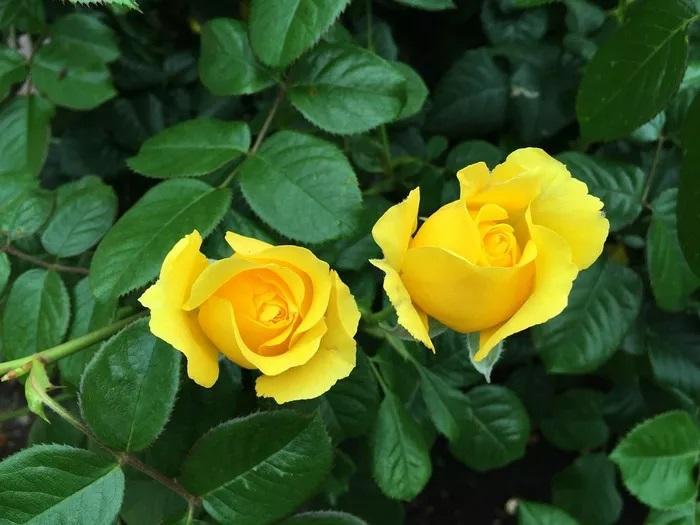How Does Rose Symbolism Inspire Spiritual Growth?

The rose is one of the most enduring symbols of beauty, love, and spiritual awakening. Its delicate petals and vibrant colors have inspired poets, philosophers, and spiritual seekers for centuries. Rose Symbolism transcends cultures and religions, offering lessons about the human soul, emotional depth, and spiritual maturity. By understanding the spiritual significance of roses, individuals can gain insight into personal growth, inner balance, and the journey toward enlightenment.
Rose Symbolism is not limited to aesthetic appreciation. It embodies resilience, transformation, and the interplay between beauty and struggle. The rose grows from a thorny stem, illustrating how challenges in life can coexist with grace and inner development. Studying this symbolism provides a roadmap for spiritual reflection, emotional healing, and the cultivation of virtues such as love, patience, and compassion.
The Historical and Cultural Roots of Rose Symbolism
Roses in Ancient Traditions
Roses have been revered for thousands of years. In Ancient Greece and Rome, the rose was associated with the goddess of love, Aphrodite, symbolizing desire, beauty, and the human capacity for deep emotion. In these cultures, the rose represented both joy and the ephemeral nature of life, reminding individuals of the importance of savoring every moment.
Spiritual Significance in Christianity
In Christian traditions, the rose carries profound spiritual meaning. The Virgin Mary is often depicted with roses, symbolizing purity, divine love, and the soul’s connection to God. Rose Symbolism in Christian art and literature emphasizes that spiritual growth often involves balancing earthly struggles with higher ideals. The contrast of the flower’s delicate petals and its thorny stem mirrors the human experience of pursuing virtue while facing obstacles.
Roses in Eastern Philosophy
In Eastern philosophies, roses also hold symbolic value. In Sufism, the rose represents the journey of the soul toward divine truth. The unfolding of each petal is seen as a metaphor for stages of spiritual enlightenment, with the full bloom symbolizing unity with the divine. Rose Symbolism in this context teaches that spiritual growth requires patience, self-reflection, and the courage to face inner challenges.
Roses as a Metaphor for Spiritual Growth
Cultivating Inner Beauty
Rose Symbolism encourages individuals to nurture their inner qualities. Just as a rose requires care to bloom, the human soul flourishes through reflection, discipline, and compassion. The process of growth often involves overcoming personal obstacles, similar to the way a rose pushes through soil to reach sunlight. This symbolism reminds us that true beauty emerges from resilience and conscious effort.
Embracing Life’s Challenges
The rose’s thorns carry their own spiritual lesson. They symbolize protection, boundaries, and the challenges that life inevitably presents. Rose Symbolism teaches that obstacles are not merely hardships but opportunities for personal development. By embracing difficulties with grace, individuals can deepen their spiritual awareness and cultivate emotional strength.
Rose Symbolism in Meditation and Spiritual Practice
Focused Reflection
Meditation often incorporates rose imagery to enhance spiritual focus. Visualizing a blooming rose can help practitioners cultivate inner calm, balance, and clarity. Rose Symbolism provides a framework for understanding the soul’s unfolding, encouraging mindfulness and intentional growth.
Healing and Emotional Awareness
Roses are also used symbolically in rituals for emotional healing. The fragrance, color, and structure of the rose evoke feelings of love, forgiveness, and peace. By contemplating rose symbolism, individuals can explore their emotional landscape, release negative patterns, and open themselves to compassion and empathy.
Rose Symbolism in Art and Literature
Representing Love and Spirituality
Artists and writers have long used the rose to communicate spiritual truths. In paintings, literature, and poetry, the rose symbolizes the harmony between the physical and spiritual realms. Rose Symbolism in these works often conveys messages about the impermanence of life, the beauty of growth, and the transformative power of love and devotion.
Inspiring Moral and Spiritual Lessons
Many literary works employ the rose as a symbol of virtue, wisdom, or enlightenment. It serves as a reminder that spiritual growth is a journey rather than a destination. Each stage of the rose’s bloom mirrors a stage of personal and spiritual development, encouraging readers and observers to embrace their own path of transformation.
Modern Interpretations of Rose Symbolism
Personal Empowerment and Mindfulness
In contemporary spiritual practice, roses are often used as symbols of empowerment. Jewelry, tattoos, and decorative items featuring roses serve as daily reminders of the soul’s potential, resilience, and capacity for love. Rose Symbolism motivates individuals to cultivate patience, mindfulness, and self-awareness in their daily lives.
Connection to Nature and the Divine
The rose continues to inspire a connection between human consciousness and the natural world. Observing a rose encourages reflection on cycles of growth, impermanence, and beauty. Rose Symbolism reminds us that spiritual truths can be discovered not only in sacred texts but also in the natural patterns and rhythms around us.
Conclusion: The Rose as a Guide to Spiritual Growth
Rose Symbolism reveals profound truths about the human soul. It teaches that spiritual growth involves embracing challenges, nurturing inner beauty, and pursuing higher understanding with patience and courage. Across cultures, from ancient civilizations to modern spiritual practices, the rose serves as a symbol of resilience, love, and the unfolding of consciousness.
By reflecting on the lessons embedded in rose symbolism, individuals can cultivate emotional depth, spiritual clarity, and a stronger connection to the divine. The delicate bloom, paired with protective thorns, mirrors the journey of the soul through struggle, growth, and enlightenment. The rose is not merely a flower. It is a living guide for those seeking to nurture their spirit, transform their lives, and embrace the beauty and wisdom inherent within themselves.
- Art
- Causes
- Crafts
- Dance
- Drinks
- Film
- Fitness
- Food
- Giochi
- Gardening
- Health
- Home
- Literature
- Music
- Networking
- Altre informazioni
- Party
- Religion
- Shopping
- Sports
- Theater
- Wellness



